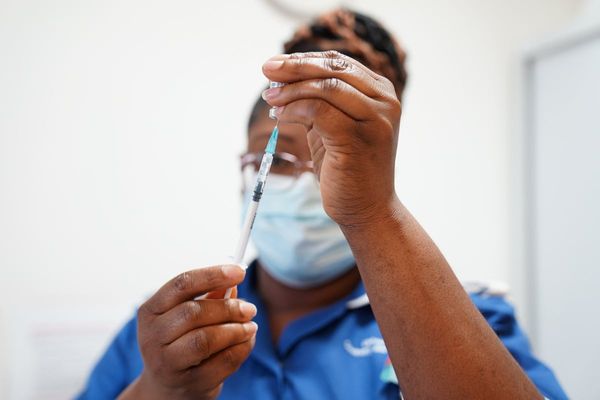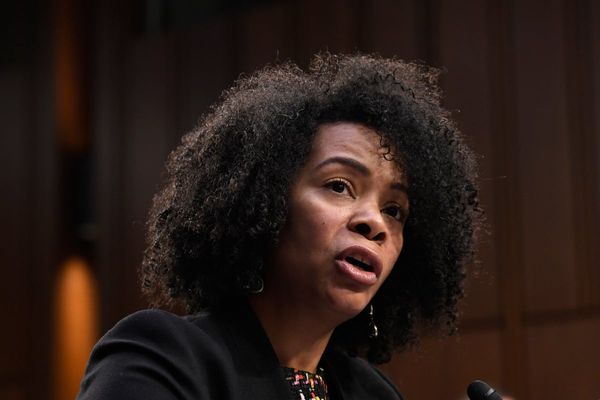
As the Albanese government enters its third calendar year in office, expect a cost-of-living relief push, a potentially divisive debate over religious discrimination, and many more discussions about housing.
But there is little chance of another referendum — the government appears to have put plans for a republic vote on ice for now — nor are we likely to see an election in 2024. Following last year’s bruising defeat in the Voice to Parliament vote, the government isn’t keen for more ballots.
When Prime Minister Anthony Albanese faced reporters last week, he said cost-of-living relief — balanced with the need to keep inflation from accelerating — would be the government’s priority. Easing the cost of living is a label that can be slapped on many disparate projects — for example, Albanese touted a new initiative to offer 300,000 fee-free TAFE places as a way to ease household costs.
“A great example of us providing cost-of-living relief through fee-free TAFE, whilst also addressing the longer term issues of labour market shortages and supply chain issues that Australia has to deal with in order to continue to put that downward pressure on inflation,” he said.
Among the 2024 government priorities mentioned by officials briefing reporters were universal childcare, improving the chances of first-time home buyers trying to enter the housing market, and strengthening Medicare. The latter will be achieved by working with states and territories to attract more GPs and nurses, according to the government’s plans.
There have been promises to invest more in renewable energy and to secure so-called critical minerals. Albanese said in October that “harnessing” the minerals would allow Australia to become a “renewable energy superpower”.
There will also be more trips abroad. The Australian Financial Review reported earlier this week that Albanese’s foreign travel schedule could average one journey abroad per month during the year’s second half.
When Parliament returns in February, religious discrimination laws are expected to come into focus once again. Attorney-General Mark Dreyfus is planning to release the findings of a review by the Australian Law Reform Commission, intended to help shape a new discrimination framework that would also increase protections for LGBTQIA+ students and staff at religious schools, The Sydney Morning Herald reported last weekend. A pair of moderate Liberal MPs urged their colleagues not to let the debate “again descend into a culture war that captures LGBTQ Australians in its crosshairs”.
If the opposition leader gets to decide — and he has been successful in shaping the agenda since the Voice referendum — migration will also be a big issue in 2024.
“It’s a huge issue … it turns out that this government is a soft touch on criminals, and we’ve seen that in the last 12 months, but we also have seen in relation to some of these asylum seekers as well,” Peter Dutton told 2GB radio last week.
While the referendum on the Voice failed, the disadvantage gap facing First Nations people remains a big problem for Australia.
Yet so far, there are no signs Indigenous issues will be high on this year’s priority list. For a subject he spent much of last year campaigning on — and on which he spent a considerable amount of political capital — Albanese has been largely silent on the disadvantages facing First Nations people since the referendum failed.
Background briefings from officials to reporters about government priorities this year have not mentioned Closing The Gap, nor has Albanese in any media appearances.
When asked a two-pronged question on Tuesday by a journalist in Queensland about Labor’s chances of winning an election there and about the political wisdom of continuing to push for treaty, Albanese chose to only answer the first question and then ended the press conference.
At another press conference three days into the new year, Albanese said there would not be an election until May 2025.
Nor is it likely we’ll see a referendum on making Australia a republic anytime soon, a stated goal of this government.
Treasurer Jim Chalmers said that the issue “hadn’t been a focus of his” when he fronted reporters earlier this week.
“Clearly, we are still going through the consequences of the referendum towards the end of last year, when the government is ready to make announcements about some of the other proposals for constitutional change, we will make them. But that’s not my focus right now,” he said.







